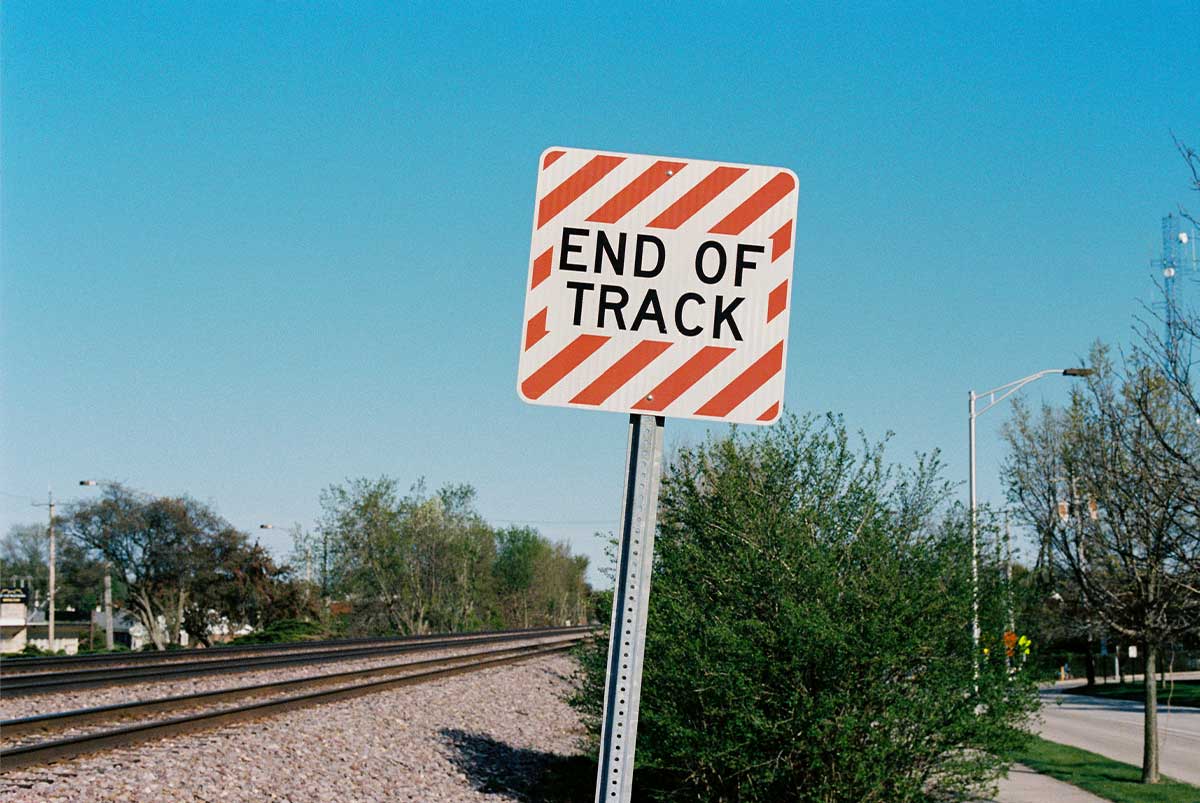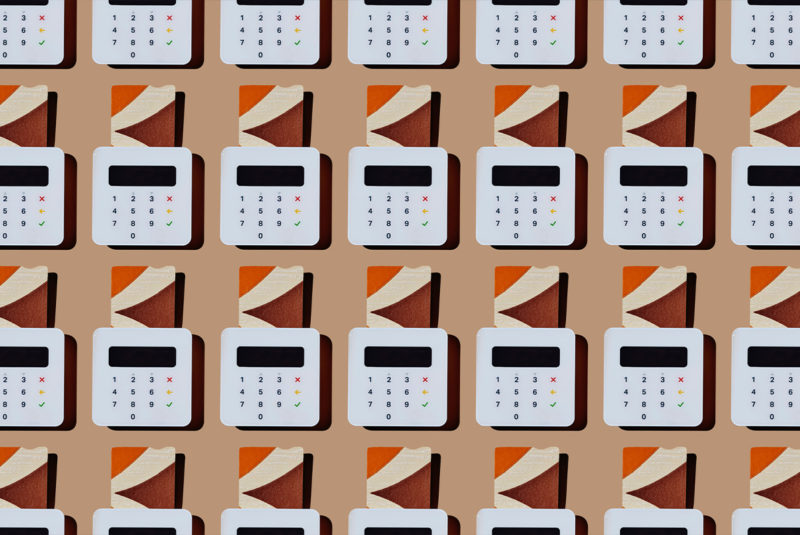Whether you’ve got a card collecting dust somewhere or you’re not happy with a card issuer, there may come a day when you decide to close a credit card. But, before you call your credit card company and break the news to them, make sure you understand the potential consequences of your decision.
Closing credit cards could lower your credit score — but in some cases, it could be a savvy money move.
We can tell you why you shouldn’t close a credit card account – and the three times when closing a credit card account makes sense.
How Closing Credit Cards Affects Your Credit
Closing a credit card could hurt your credit score in two ways:
- It reduces how much available credit you have, which could increase your overall credit utilization ratio (potentially a big deal).
- It reduces the age of your credit accounts once a closed account is removed from your credit reports (not as big of a deal).
Credit utilization
Your credit utilization ratio – which is the amount of credit you’ve used compared to your total available credit – makes up 30% of your credit score. In general, the lower your credit utilization ratio, the better your credit score.
When you close a credit card, you reduce your total available credit (aka credit limit). This can potentially increase your utilization rate if your credit reports show outstanding balances on your remaining credit card accounts.
If you close a credit card and your credit utilization rate increases as a result, there’s a very good chance that it’ll hurt your credit score. Depending on how much your utilization rate climbs, and the rest of the information on your reports, that card closure could significantly impact your score.
Here’s an example of how closing a card might increase your utilization rate:
- You have four credit cards, and each has a $3,000 credit limit. That gives you a total credit limit of $12,000. You carry a $1,000 balance on three cards and card no. 4 has a $0 balance, so your total balance is $3,000, and your credit utilization rate is 25% ($3,000 / $12,000 = 0.25).
- If you close card no. 4, you’ll reduce your total available credit to $9,000. Assuming your balance stays the same, your new credit utilization rate will jump to 33% ($3,000 / $9,000 = 0.33).
Remember, the impact of a closed account on your credit score will also depend on the other credit accounts on your credit reports. Typically, the more credit accounts you have, the higher your total credit limit will be. If you have a high total credit limit and low balances on most of your credit cards, closing one account won’t likely do much damage to your credit score.
Age of accounts
When it comes to credit scores, a longer credit history is better.
Credit scoring models (like FICO®) consider many factors when calculating your credit scores, including:
- How long it’s been since you opened your oldest account
- The average age of all the accounts on your credit report
There’s a popular credit myth that claims closing an account will remove it from your credit reports. A modern twist on the myth claims that the account stays on your reports, but scoring models no longer use it when calculating the average age of the accounts on your credit reports.
Spoiler alert: Neither claim is true.
Positive closed accounts (read: accounts with no recorded late payments) will appear on your credit reports for up to 10 years after they’re closed. They’ll continue to age during those 10 years and will be counted in the average age of your accounts – and that’s good for your credit score.
If you think closing an old credit card will erase poor payment history, think again. It’s not a magic wand. Negative closed accounts (read: accounts with late or missed payments, collections, etc.) stay on your reports for 7 years and continue to affect your score.
After 7 – 10 years, closed accounts will no longer appear on your credit reports. When that happens, the age of the cards will no longer factor into the age of your credit history. In FICO® Scoring models, the age of your credit history is worth 15% of your credit score.
The removal of an old, closed account doesn’t always signal the end of the world, but the card’s absence could inflict some damage. As a general rule of thumb, your credit will benefit when you keep older accounts with on-time payment histories open.
Why You Should Leave Credit Cards Open
Don’t plan on using your credit card anytime soon? Well, that doesn’t necessarily mean you should close it.
Here are five reasons why you might want to keep your credit cards open:
- Your card will continue to age: Older accounts on your credit reports can mean a better credit score. If a card isn’t costing you money, why close it?
- Your credit utilization rate may stay lower: Having a card you don’t use won’t hurt your overall credit limit. This can help to keep your utilization rate lower while you use other cards.
- You’ll maintain variety: Credit scoring models reward credit reports that feature a mix of accounts, including credit cards and installment loans.
- You’ll have a backup credit line: It can be useful to have a card with a few thousand dollars on it tucked away for emergencies.
- You’ll have access to benefits: Besides basic rewards like points or cash back, your card may have other benefits and features you don’t want to lose. (Think: shopping and travel protections and discounts, access to high-end entertainment and services or brand-specific benefits.)
If you don’t want to use your card anymore, consider storing it in a safe place instead of closing it. That way, it’ll be there if you need it, but won’t be as tempting as it would be in your wallet.
If you have to use the card, pay the balance off in full. You’ll avoid interest charges and continue to reap the card’s benefits. And best of all, if the card doesn’t have an annual fee, it won’t cost you a cent.
Issuers May Close Inactive Cards
Card companies make a lot of money through processing fees (aka swipe fees).
Because maintaining an account costs credit card companies in overhead, if they’re not making money from you, they may close your unused card for inactivity.
You can usually avoid this by using your card at least once every 6 months.
But remember, whether an account is closed by you or your credit card company, a positive closed account will stay on your credit reports for up to 10 years after the account is closed.
When You Should Close a Credit Card
While there are many reasons to keep cards open, there are legit reasons to close credit cards. You should consider closing a card if you find yourself in the following situations:
Not enough value from the annual fee
If you have an unused card with an annual fee, it probably makes sense to close it.
Unless you’re earning enough rewards or benefits to make up for the annual fee — which is unlikely if you’re not using it — your card is costing you money instead of providing rewards.
No longer need a secured credit card
If you’ve been using a secured credit card and you’ve built up your credit scores enough to qualify for an unsecured card (read: a regular credit card), it may be time to close your secured card and get your deposit back.
To close your secured card, you’ll need to pay off your entire balance, then your issuer will refund your deposit.
When you’re working with a higher credit score and an established credit history, you can set your sights on reward cards, cash-back cards, travel cards and more!
Another signup bonus
Some cards – travel rewards cards in particular – offer generous sign-up bonuses when you open a new card. For example, you could be offered 50,000 points after spending $3,000 in the first 3 months.
Sign-up bonuses are usually a one-time affair, but some credit card companies repeat the bonus offer after 1 or 2 years.
If you reaped the benefit of a sign-up bonus and you’re no longer getting any value from the card, consider closing it. You might be able to get that same introductory bonus with the same card company in the future.
Divorce
If you share a joint credit card with a soon-to-be ex-spouse, it can become an issue during a divorce. Both you and your ex are legally liable for any debt on the card. If your ex charges a huge balance on the card before you’re legally separated, you might end up paying for that shopping spree.
Usually, your best bet is to close any joint credit cards during a divorce. This prevents both you and your ex from putting any new charges on the card. To protect your credit, you’ll need to continue making payments on the account (or make sure your ex is) until the balance is paid off in full.
If you or your ex is an authorized user on a joint card, it’s easy to have the other person removed from the account. You’ll just have to call your credit card issuer. Until the authorized user is taken off the card, you’ll have to work together or through the court to pay off the outstanding balance. Remember, if you’re the primary account holder, you’re responsible for all of the debt until the balance is $0.
Closing a Card With a Balance
If you’re carrying a balance on a card and want to close it, it’s best to pay off the debt first. There are two popular debt payoff methods: the snowball method and the avalanche method.
- The avalanche method: Pay off the debt with the highest interest rate first. Then the second highest interest rate. And so on and so forth, all while maintaining any minimum monthly payments.
- The snowball method: Pay off the debt with the lowest interest rate first. Then the second lowest interest rate. And so on and so forth, all while maintaining any minimum monthly payments.
How To Safely Close a Credit Card
Responsible credit card use sometimes means closing credit cards that aren’t working for you.
If you’ve decided that closing a credit card is right for you, we can show you how to do it the right way while inflicting the least amount of damage to your credit scores.
Before you call the number on the back of your card to close it, you should:
- Pay off the credit card’s balance.
- Redeem any unused rewards.
- If you have another card from the same issuer, see if you can transfer the credit limit of the card you want to close to the card you want to keep. That should keep your total available credit limit the same.
Closing a card may take some time, so be patient. In the meantime, ask for credit limit increases on the cards you keep open to prevent or minimize any increase in your credit utilization ratio. You can also make additional payments to reduce the balances on your open cards.
What Are the Alternatives to Canceling a Credit Card?
Do you think your fees are too high? Are you scared of maxing out on a card? Cancellation isn’t your only option.
- Change your terms: Call your credit card issuer to see if they’ll lower your fees or offer you a card that better suits your needs. You’ll keep the card open, and it will continue to grow your credit history.
- Switch to an unsecured card: If you’ve had a card with the issuer for some time and have established trust and reliability with your payments, you may be eligible to upgrade to an unsecured card and get your deposit back. Unsecured cards tend to come with fewer fees, higher credit limits and lower interest rates.
- Use the card for small or recurring payments only: Whether this means you only use the card for small purchases or use it to put small bills (like streaming subscriptions) on autopay, you can use the card and reduce your fear of maxing out.
Only Close It if You Have To
While cutting up your credit card and closing your account may feel like a good financial decision, it could hurt your credit score. But, there are times when canceling a card is the best decision you can make.
You should only close a credit card if you have to. Before you pull the scissors out of the junk draw, call your issuer and discuss your options.
The Short Version
- Closing credit cards could lower your credit scores — but in some cases, it could be a savvy money move
- If you close a credit card and your credit utilization rate increases, there’s a very good chance that it’ll hurt your credit scores
- If you think closing a credit card will erase a poor payment history, think again. It’s not a magic wand




